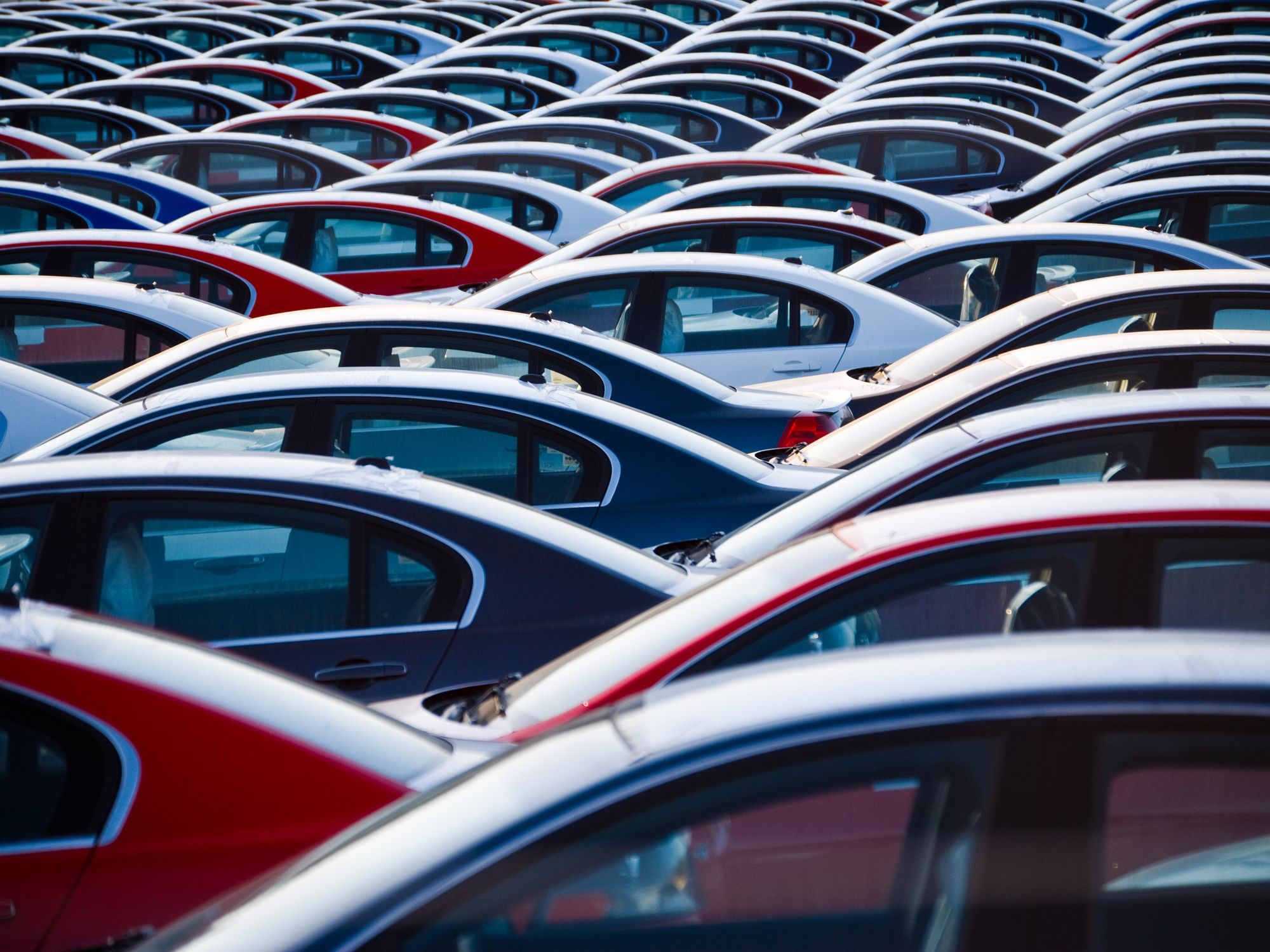Some fires were found to have started deliberately through fuel tampering
GETTY
A GB News investigation found that nearly 15,000 fires took place last year
Don't Miss
Most Read
Trending on GB News
The number of vehicles which caught fire last year has reached record highs with more than 40 fires taking place every day across the UK.
Data obtained exclusively from a GB News investigation found that there were a total of 14,920 vehicle fires last year, equating to almost 41 every single day.
Vehicle fires have a huge impact on traffic and cause major disruptions on the roads, not just for drivers but for pedestrians too. Dealing with a fire takes time and energy away from emergency services who move quickly to tame down the flames.
What is most shocking from the investigation is the huge number of fires which were started on purpose.
Do you have a story you'd like to share? Get in touch by emailingmotoring@gbnews.uk
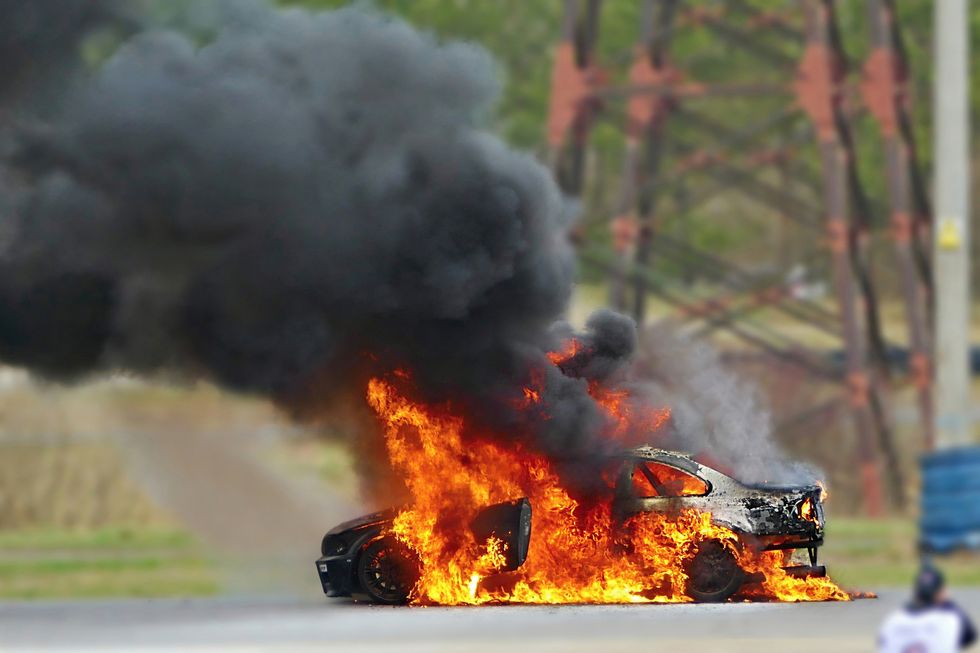
The FOI data found that 5,000 fires were started on purpose
GETTYThe data found that in total, across the UK roughly a third of all fires were started deliberately. While vehicle fires can be started accidentally through engine failures, this seems to not be the case.
More than 5,000 fires were started on purpose, with 365 taking place in Northern Ireland alone.
The fires were started through an oversupply of electricityto the vehicle or by physically lighting thevehicle on fire, according to the Police Service of Northern Ireland.
Other methods included fuel tampering, chemical use or being spread from a secondary vehicle fire were all key contributors.
Devon and Somerset Fire and Rescue Service reported the most fires of any region, with 3,954 taking place on roads around the area and 300 being caused deliberately. This means the area of South West England sees more than 10 car fires every day on average.
Elsewhere, National Highways reported the second highest amount with 2,421, while 1,881 were recorded in Northern Ireland.
Meanwhile, Nottingham Fire and Rescue Service explained that there was a total of 128 accidental car fires between January and December last year.
Of these cases, 53 were recorded as being started by a person while 60 were recorded as “unknown”.
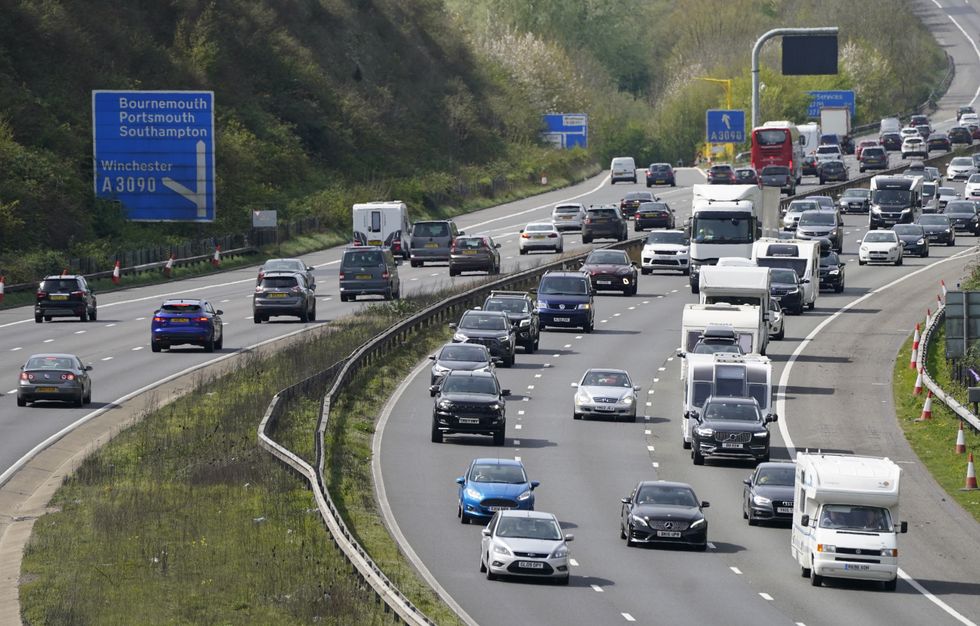
Fires on UK roads can take more than 24 hours to clear
PAHampshire Fire Service recorded fires starting due to the “careless disposal” of combustible articles within the car or through a fault in equipment or appliances.
Faulty fuel supply for both petrol and diesel cars accounted for 18 vehicle fires, but 53 incidents occurred due to electricity faults within battery electric vehicles.
Devon and Somerset Fire and Rescue Service explained that keeping up to date with a car service and MOT will reduce the risk of a car catching fire. Most fires attended by the rescue service can be “prevented with regular car maintenance”.
It explained: “You can reduce your risk of having a car fire by making some simple pre-journey checks.
“Your vehicle manual or a reputable car garage can recommend the little things to look for such as checking oil, tyres and coolant levels. Don’t ignore warning lights – these are early indicators of a potential problem.”
When looking at the data from a more nuanced view, one car maker appeared the most on the vehicle fire reports - the German car brand BMW.
Since 2017, BMW has been forced to recall over a million models over potential fire risks. The carmaker recalled a range of vehicles built between 2006 and 2013, including 1 Series, 3 Series, X3, 5 Series, X5 and Z4 models in 2022.
The recall was due to concerns that the heater for the positive crankcase ventilation valve could short-circuit and in extremely rare cases could increase the risk of a fire.
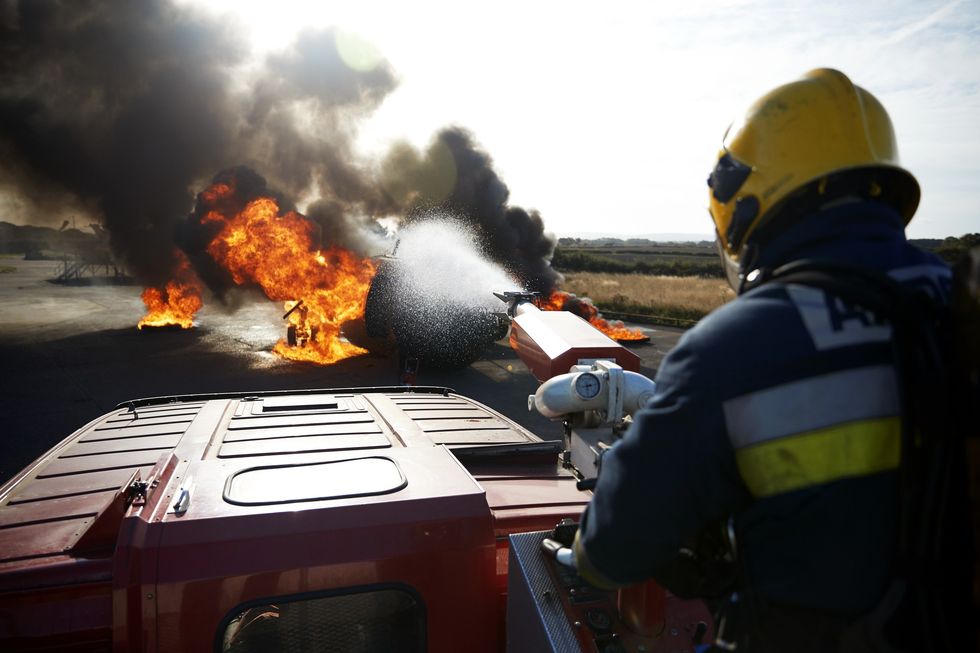
Ford models accounted for 116 vehicle fires last year
GETTY
The recall sparked so much concern that it led to the UK Parliament launching an investigation. In written evidence submission, BMW said it takes its responsibilities as a vehicle manufacturer “extremely seriously”, especially where the safety of its customers and products is concerned.
The text detailed: “We continuously monitor the safety performance of our products in the marketplace and follow up on observations relating to safety.“
We work closely with the relevant authorities to ensure our customers’ safety, and that of other road users.”
Meanwhile, Ford came in second with 116 vehicle fires, while the West Midlands recorded the most for this brand.
A spokesperson for National Highways explained that vehicle fires represent a small number of the incidents it attends.
In 2023, the agency dealt with over 290,000 incidents on the strategic road network with vehicle fires representing less than one per cent.
A spokesperson added: "Safety is our priority and sometimes temporary lane and carriageway closures are necessary while the fire service arrives, assesses and begins to deal with a fire.
“The intensity and duration of larger fires affecting heavy goods vehicles can mean resurfacing needs to take place after the fire has been extinguished and the vehicle removed."
LATEST DEVELOPMENTS:
- M5 closed: Driver 'injured and trapped' after lorry crashes into bridge with severe traffic delays ongoing
- Drivers issued urgent warning of huge £2,500 fines for 'performing car repairs on public roads'
- James May makes feelings clear on looming petrol and diesel car ban - 'They should be a bit careful'
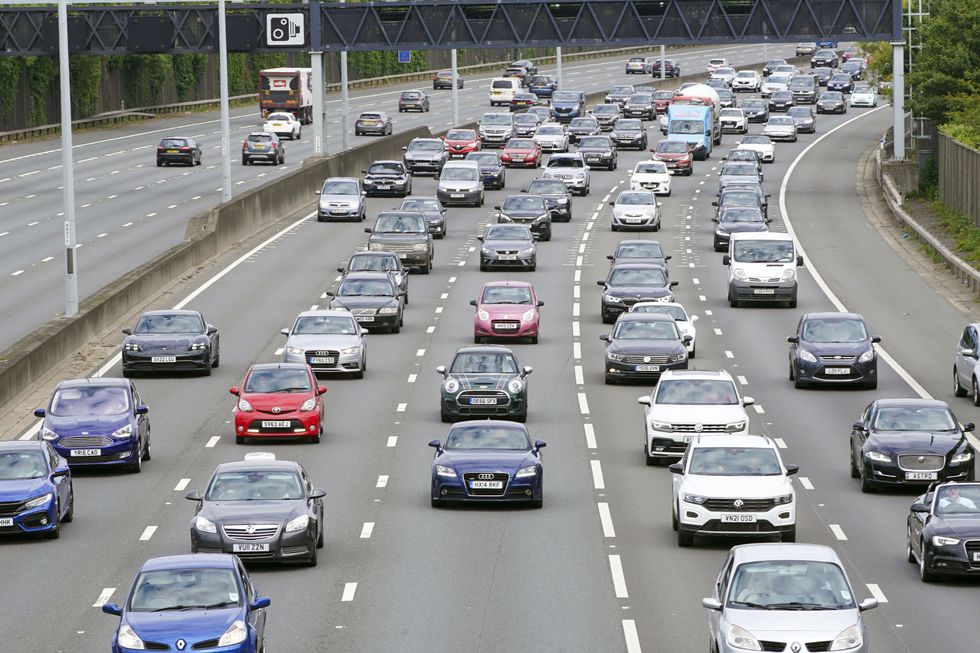
All vehicle types could be at risk of causing a car fire
PAOffering advice to drivers, National Highways stated that if a motorist is in a vehicle affected by a fire, try and pull over to the left and out of moving traffic. Drivers should exit the vehicle and move away before calling the emergency services.
A London Fire Brigade spokesperson told GB News that although car fires are quite rare, “they can be extremely dangerous”.
Petrol and diesel are highly flammable fuels while the lithium batteries in electric cars have also been known to burn rapidly and intensely.
“Anyone who comes across a suspected car fire should call 999 immediately,” the Brigade suggested.






